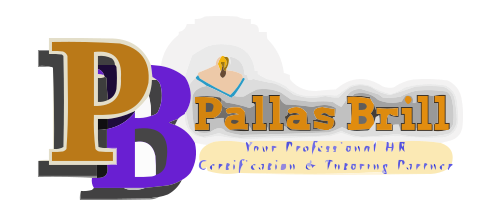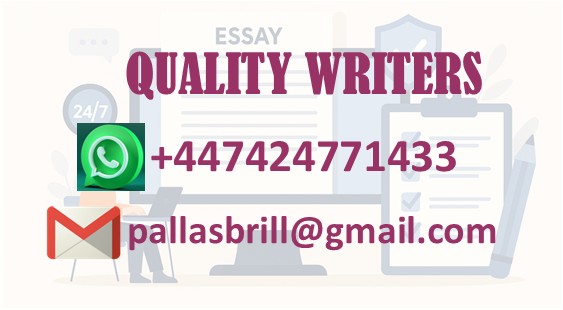
Who is a People Professional?
Professionalism refers to an individual applying specialized skills and knowledge in their roles and responsibilities. A professional will focus on ensuring that there are positive outcomes and that ethical principles are observed.
A People Professional is someone that applies their knowledge and abilities to assist others thrive in their individual and team capacities. A people professional will participate and contribute towards developing people-based interventions, such as conflict management and maintaining relationships. As a people professional, a person is concerned with the needs and preferences of others. For instance, at the workplace, people professionals ensure that the working environment is supportive and that everyone feels valued and appreciated irrespective of their diversity affiliation. As a people professional, also, it is important to observe the core ethical principles and values, such as fairness, equality, consistency, and transparency. These ethical principles play a vital role in ensuring that every stakeholder, whether internal or external feel valued and involved. As a people professional, one has to ensure that they observe the global benchmark of professionals, which is the CIPD Profession Map.
Across all people practices, including recruitment and selection, learning and development, and making policies, it is crucial for people professionals to demonstrate humanity, which is fundamental for people to thrive either as an individual or a team.
What is Continuing Professional Development?
Continuing Professional Development (CPD) refers to the experiences that one goes through as they enhance their knowledge and skills in their profession. Whether you are a Human Resources (HR) or a Registered Nurse (RN), CPD plays a vital role in identifying your weaknesses and developing a strategic plan on how the gaps in your skills and competences can be bridged. For people professionals, it is fundamental to continuously assess their knowledge and areas that requires further development. At Pallas Brill, we recognise the importance to keep your CPD updated and continuously improved; thus, the availability of professionals to walk with you throughout your CPD journey. Pallas Brill further understands the different components of CPD, including proper documentation of the process, combining various approaches, both formal and informal, and continuous evaluation. These components are essential in ensuring that one achieves their continuous professional development goals in both short and long-term. The significant benefits of CPD to a professional as Brill Scholars will assist you discover is to prepare you sufficiently for higher responsibilities, promote your confidence, and enhance your creativity and decision-making process in handling various challenges.
Why Human Resources is Referred to as People Profession
The human resources (HR) field has significantly transformed over the last decade. Traditionally, the HR’s role was limited to developing and implementing organisational policies and recruitment and selection process. In contemporary organisations, the HR roles have widened to include change management, performance management, employee engagement, and continuous organisational development (OD). The added responsibilities reflect on the importance of the HR engaging and working with the employees regardless of their diversity affiliation. It involves identifying their issues and working towards addressing them. This is fundamental in enhancing their commitment and motivation, reducing the turnover rate.
The Chartered Institute of Personnel Development (CIPD) describes the people profession concept from the people interventions. CIPD acknowledges that among the critical aspects in the world of work is to drive positive change. Achieving this objective is founded on engaging with the employees and other stakeholders and communicating to unlock the value in the people and identify the areas that require change. These interventions are vital in fostering sustainable business outcomes beneficial to every stakeholder, including the leadership and management team and the employees.
HR as a people profession involves fostering the goals and vision of the company through people-based interventions. The employee is acknowledged as the foundation of organisational success. Companies are made up of the people whose central objective is to ensure that the company achieves the intended goals. This is achieved through individual or collective approaches. Although these roles’ nature may be dynamic, it is the role of HR to ensure that the employees are supported and champion for better working lives.
A critical aspect in the HR role as a people professional is to ensure that the organisation supports the growth and development of the employees. This ensures that the company learns the workforce needs and develop intervention strategies to ensure that the employees are competent and skilled to achieve the individual and firm’s objectives. Some of the core approaches in the growth and development of the employees include performance and change management, learning programs, and employee engagement. An approach such as performance management is vital in assessing the strengths and weaknesses of the employees and developing intervention strategies. Performance management is broad and encompasses other aspects, including rewards and learning programs. The people profession is significantly supported by the profession map.
To get quality and professional assigment help that covers answering such questions, get in touch with us via WhatsApp: +44 7424 771433 or Email: pallasbrill@gmail.com



